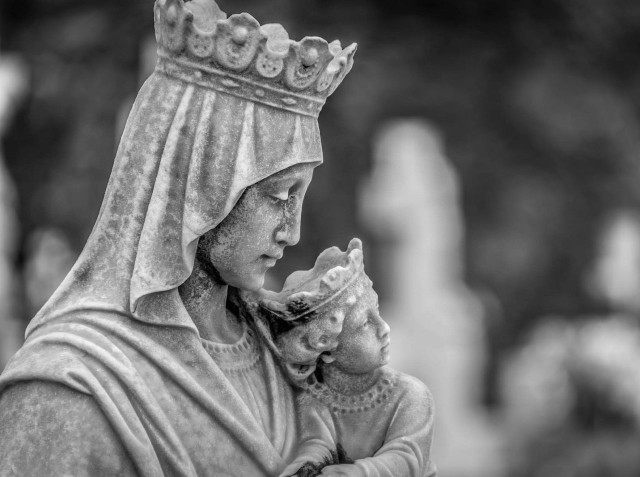Republican Paul Ryan and Democrat Minority Leader Nancy Pelosi know that if Puerto Rico misses missing general obligation bonds interest payments on May 1, it will soon not have sufficient cash flow to pay government salaries and welfare benefits — and an exodus to the U.S. mainland could follow.
With a population of about 3.7 million, about 12,000 a year of the best-educated and most ambitious Puerto Ricans seeking better economic opportunity migrated to the U.S. mainland each year from 1980 to 2010.
But that number picked up to 48,000 per year from 2010-2013 and to 83,844 in 2014, and an even higher number is expected to be reported for 2015. The big difference in this new tidal wave of migrants moving to the U.S. mainland is that many are now seeking welfare benefits.
Breitbart News reported that despite a plea by House Speaker Rep. Paul Ryan (R-WI) for Congress to “bring order to the chaos,” members of the conservative Republican Study Group killed a required vote in the Natural Resources Committee to bring the “Puerto Rico Oversight, Management, and Economic Stability Act” to the House floor for rubber-stamp passage.
Committee Chairman Rob Bishop (R-UT) and bill sponsor Rep. Sean Duffy (R-WI) had issued a confident joint statement before the vote: “We are nearing the conclusion of a collaborative and open drafting process that has involved all stakeholders to reach a responsible consensus.”
Both the Republican and Democrat leadership claim that changing the law to let semi-sovereign Puerto Rico file for bankruptcy would hold the island “accountable to its debt”, “uncover audited financial statements”, and “enforce fiscal responsibility,” without “saddling the U.S. taxpayers with the bill.”
But the legislation sets none of these requirements in stone. It simply perpetuates the welfare state by allowing the island to file for bankruptcy and lets President Obama appoint seven members of an “Oversight Board” to run Puerto Rico for as long as they want.
Analysis by Breitbart News has suggested that the real reasons Puerto Rico is insolvent and about to miss payroll and welfare payments are that the island changed its official language to Spanish, depriving it of opportunities to make the most of its connection to U.S. markets; and that the island is subject to a Caribbean-job-killing $7.25 minimum wage.
All natural-born Puerto Ricans are constitutionally citizens of the United States. But it was Congress that passed laws making Puerto Rico subject to the U.S. minimum wage.
Puerto Rico’s $7.25 minimum wage per hour compares unfavorably to neighboring minimum wage rates of $4.00 in the British Virgin Islands, $0.96 in the Dominican Republic, and $2 in Venezuela.
Compounding the economic challenges for Puerto Rico is the fact that Puerto Rico welfare benefits are about the same dollar amount as Mississippi, the poorest U.S. state, although the median income in Puerto Rico is only half that of Mississippi.
The combination explains why only 43 percent Puerto Ricans aged 18 to 64 years old are employed, and over 27 percent of all Puerto Rican residents are on welfare. The percentage on welfare would be even higher, except one-in-six working-age Puerto Rico men are currently receiving more lucrative federal disability payments.
In addition to cash payments, most on Puerto Rico welfare and disability also receive Medicaid, SNAP food stamps, housing assistance and Supplemental Security Income.
Before the Puerto Rico government asked Congress to give it the right to file for bankruptcy, it tried forcing the millions of Americans that individually own mutual fund interests in about two-thirds of Puerto Rico’s $73 billion debt to forfeit about 45 percent, or $33 billion, of the principal amount of their Puerto Rico bonds.
Republican Study Committee Chairman Bill Flores of Texas, who leads the 170-member House group, is opposing any debt restructuring plan for the island that would use the courts to force investors to accept principal losses.
Chairman Flores has blasted Puerto Rico for failing to uphold the rule of law. He points out that just before the territory’s first $37 million interest payment default, Puerto Rico Governor Alejandro García Padilla, who has difficulty speaking English, decided to pay out $120 million in Christmas bonuses to government employees.
Meanwhile, Ryan and Pelosi fear the optics of an election year with 1 million non-English-speaking Puerto Rican “boat people” streaming into the U.S. and spiking state welfare burdens.

COMMENTS
Please let us know if you're having issues with commenting.